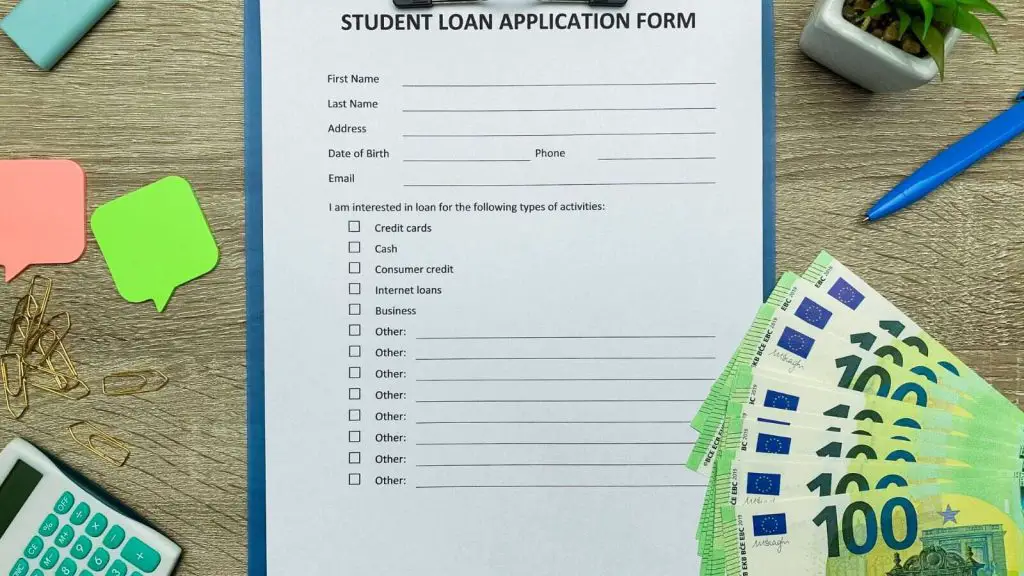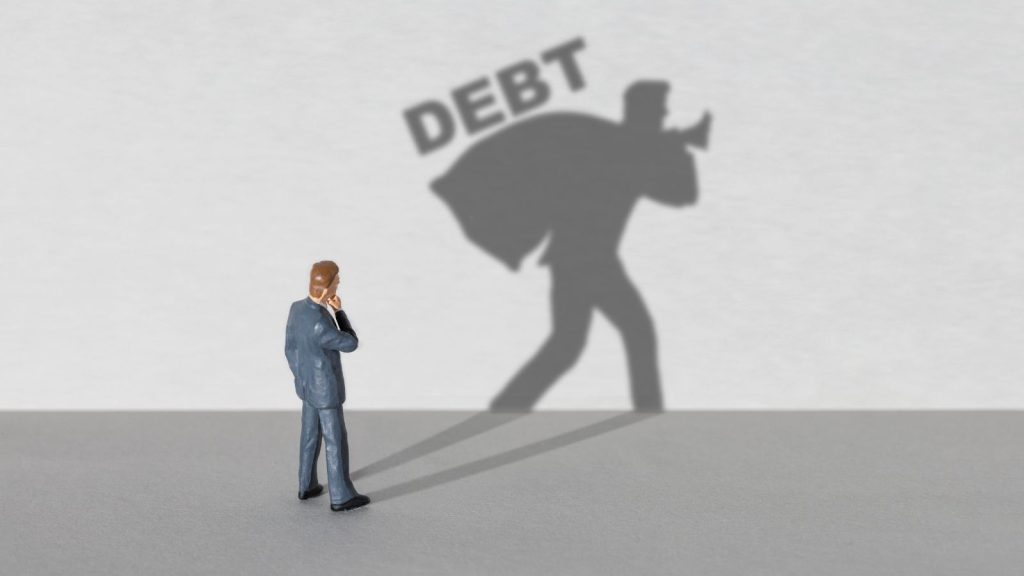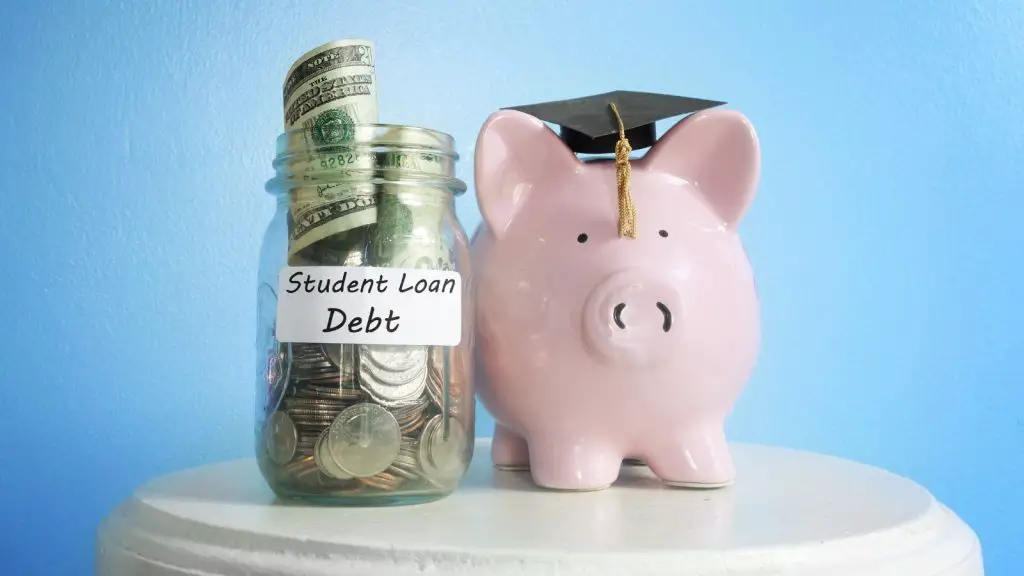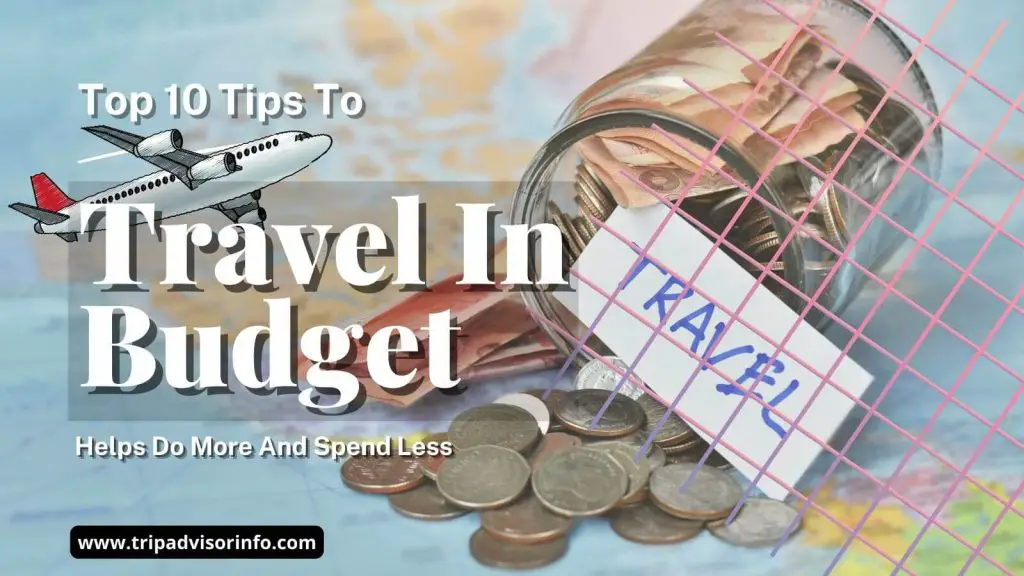Are you a recent graduate with a passion for travel but under the burden of a student loan? Don’t let your credit stop you from exploring the world!
With some smart financial planning and good budgeting, it is possible to meet your needs while paying off these loans.
In this article, we’ll share 10 tips to help students to Pay Off Your Travel Debt while traveling the world – so you can see everything before your eyes when it comes to freedom financing.
Get ready to pack your bags and start checking out the places on your to-do list!
Introduction
Student loans are a burden for many young people. If you want to travel the world and pay off your student loans at the same time, there are steps you can take to make it happen.
- First, consider working remotely or freelancing. There are many companies that want to hire employees who can work from all over the world. This allows you to travel easily while earning income.
- Another option is to volunteer or work with organizations that offer services that include travel as part of your pay. This can be a great way to learn about different parts of the world while still making a difference.
- Finally, think of ways to earn extra money while traveling. Renting your home on Airbnb or being a tour guide are just two options.
With a little thought and planning, you can pay off your student loans as you travel the world.
Understand Your Student Loans and Terms

Once you graduate and start paying off your student loans, it’s important to understand the terms of your loan so you can decide how to manage your debt.
Your loan service provider should send you an annual report with information such as your loan amount, interest rate, and repayment schedule. Now is a good time to review your budget and make sure you’re on track to meeting your financial goals.
The first step to understanding student loan repayment is to understand the difference between government and private loans.
- Government loans are issued by the government and generally have lower interest rates and more flexible repayment options than private loans.
- Private loans are provided by banks or other financial institutions and often have stricter requirements.
If you have both a government loan and a private loan, it is important to decide which loan to close first.
You may want to consider splitting your loan into monthly payments or refinancing your loan for a lower rate. Once you have a plan, it’s time to start paying off your student loans!
Suppose you can try to pay more than the minimum payment each month. Even paying an extra $50 per month can make a big difference in the total interest you pay over the life of the loan.
If you are having trouble making a living, here are some options to help ease your financial burden. Here are some things you can do to take advantage of tax incentives.
- First, if you have a federal student loan, you can deduct up to $2,500 of interest on your taxes. This will help you reduce your annual debt and save money on your overall repayment schedule.
- Second, if you’re self-employed, you can deduct some of your student loans from your taxes. This can be a great way to reduce your tax liability and earn some extra cash for loan repayment.
- Finally, keep in mind that many employers offer student loan repayment assistance as a benefit. If you work full-time, check with your human resources agency to see if this will help you pay your monthly expenses.
Create an emergency fund
Creating an emergency fund should be your top priority when paying off your student loans.
From where? That’s because emergency funds can help you pay for unexpected expenses like car repairs or medical bills without relying on credit cards or other interest-bearing debts that get stuck.
When it comes to saving for your emergency fund, there are several ways to do it. The easiest way to do this is to give a fixed amount each month until you reach your goal.
For example, if you wanted to deposit $1,000 in your emergency fund, you would put in $83 per month for 12 months.
Another way is to save a portion of your income each month until you reach your goal. For example, if you are making $3,000 per month and want to save 10% of your emergency fund, you will set aside $300 each month until you reach your $1,000 goal.
Whatever method you choose, it is important that you start building your emergency fund as soon as possible. Even small savings can make a big difference in your ability to weather the financial storm.
Find ways to earn extra money while traveling
There are many ways to earn extra money while traveling the world.
- One option is odd jobs or freelancing on the go. This is a great way to earn extra money while enjoying your trip.
- Another option is to start a small business or sell goods and services online. This can be a great way to earn some income that can help you pay off your student loans while enjoying your travels.
- Finally, another option is to save as much money as possible before traveling. This gives you a cushion in the event of an emergency and also helps you pay off your student loans faster when you get home.
Whichever you choose, remember that with a little planning and hard work, it is possible to pay off your student loans as you travel the world. With these tips, you can enjoy your trip and stay debt free forever!
Using Your Credit Card
Using your credit card is a great way to travel the world and pay off your student loans at the same time. By using your gift to pay for travel expenses, you can deposit more money to pay off your student loans.
Here are some tips on using your credit card to help pay off your student loans when traveling internationally:
- Use your rewards to pay for airfare. Airfare is one of the biggest expenses when traveling, so use your rewards to pay off your student loans in the long run.
- Redeem your reward for a hotel stay. Another big expense when traveling is accommodation, so using your gift card to pay for hotels can help pay off the credit.
- Use your rewards for other travel expenses. In addition to airfare and hotels, there are many other travel expenses that can be paid with credit card rewards, such as car rentals, meals, and entertainment.
By using your credit card, you can save on travel expenses and use the money to pay off your student loans.
So if you’re hoping to travel the world and pay off your debt at the same time, consider using your credit card to make it happen!
Pay Off Your Travel Debt & Pay Your Loans Upfront
If you’re one of the lucky few who can travel the world while paying off your student loans, there are a few things to keep in mind.
First, you need to prioritize your debt payments. This means prioritizing your student loan debt over other expenses like travel and entertainment. You may have to make some sacrifices to pay off your excess debt, but it will be worth it in the long run.
After all, there’s no point in traveling the world if you’re living in debt at home. So make a budget and stick to it!
Also, don’t forget to make your student loan payments regularly, even if you are absent. If possible, try to pay extra each month or pay more than the minimum payment. Doing so will help you get out of debt faster and save on interest expenses.
Get Out of Unnecessary Debt and Live Without Money

If you want to pay off your student loans while traveling the world, one of the best ways is to cut down on unnecessary spending and live without money. Here are some tips to help you:
- Track your spending. This will help you identify where you spend too much and where you can spend less.
- Budgeting When you know where your money is going, it will be easier to set aside money to pay off the loan each month.
- Live comfortably. By reducing unnecessary debt, you will have more money to pay off your loan. This could mean cooking at home instead of eating out, using public transport instead of a taxi, or surfing on vacation instead of staying at a hotel.
- Automate your loan. That way, you don’t have to worry about paying every month – it happens.
- Use the extra money wisely. If you get extra money or unexpected money at work, use it to pay off the loan instead of something else.
Following these tips will help you pay off your student loans as you continue to travel the world – don’t forget to enjoy your ride on the road!
Explore Low-Cost Options
If you want to pay off your student loans while traveling internationally, there are a few things you can do to make sure you get the best price possible.
- First, look for low-cost options. There are many ways to get lower student loan rates, and it’s worth doing some research to see what’s available. You can get a lower interest rate by combining loans, joining an income-based repayment plan, or paying off more of your balance.
- Second, create a budget and stick to it. It’s important to keep track of your expenses as you try to pay off your debt, and there are resources available to assist you in the process. Make sure you factor in all expenses, including your loan, so you get the most for your money.
- Third, consider using storms to pay extra. If you have a little more money than income tax or business income, consider using it to pay off your student loans. With a little help, putting your down payment on debt can help you get out of debt faster.
- Finally, remember that there are other ways to travel the world besides flying. If you want to save money so you can put more money on student loans, consider traveling by train or bus instead of flying.
You may also want to look at sofa or hotel options. Check out
Credit programs
There are many programs to help students with credits, but finding the right one can be difficult. The first step is to understand the type of forgiveness you are seeking.
The most common methods are:
1) Public Service Loan Forgiveness (PSLF)
This program is for people who work in public services or nonprofit organizations. To qualify, you must have made 120 eligible payments directly on your loan after October 1, 2007.
2) Teacher Loan Forgiveness Program
This program is for full-time teachers who have served in primary and secondary schools or education services for five consecutive years.
You may be eligible for forgiveness of up to $17,500 for your Direct and Unsubsidized and Subsidized and Unsubsidized Federal Stafford Loans.
3) Perkins Loan Cancellation and Release
This program is available to certain individuals with Perkins loans, including teachers, nurses, librarians, and the military. Under the program, you can forgive up to 100% of your credit if you meet the requirements.
Find a Counsel
If you’re having trouble paying off your student loans, it’s important to seek advice. There are many institutions that can help you get a student loan, and they may offer a variety of repayment options.
The first step is to call your lender or service provider to explain your situation.
They may offer you a pardon or deferral that will allow you to temporarily avoid paying off the loan. You should consider speaking to a financial or credit counselor who can help you develop a budget and repayment plan.
There are also organizations that specialize in helping people get student loans. These agents can provide information on different repayment options and help you find the best way to pay off your loan.
Student Travel Loan FAQ

Q1. What is a travel loan?
A travel loan is a personal loan that can be used to cover travel expenses. Travel loans are generally unsecured, meaning they don’t require collateral like a car or house to get the loan.
Q2. How much can I borrow?
The amount you can borrow with a travel loan depends on the lender you choose and your personal finances. However, most travel loans range from $500 to $5,000.
Q3. How can I get a travel loan?
To qualify for a travel loan, you generally need to have good credit and a regular income. Some lenders may also require you to have a co-signer to qualify for a loan.
Q4. How long does it take for a travel loan to be approved?
The approval process for a travel loan will vary depending on the lender you choose. However, many lenders can approve your loan within 24 hours.
Q5. How soon do I have to repay the travel loan?
Travel loan repayment terms also vary depending on the credit institution you choose. However, most loans have a maturity of 12 months or less.
Q6. What is the travel loan interest rate?
Travel loan interest rates vary depending on the lender you choose and your personal finances. However, interest rates on most travel loans range from 6% to 36%.
Q7. Are there any fees associated with the travel loan?
There may be some fees associated with travel loans, such as initial fees or prepayment penalties. Before accepting the loan, be sure to ask the lender for the down payment.
Q8. What if I can’t pay my travel loan?
If you are unable to repay your travel loan, you can negotiate new terms with your lender or enter into a moratorium or extension agreement.
However, defaulting on a loan can have negative consequences, such as damage to your credit score or suspension of payments.




